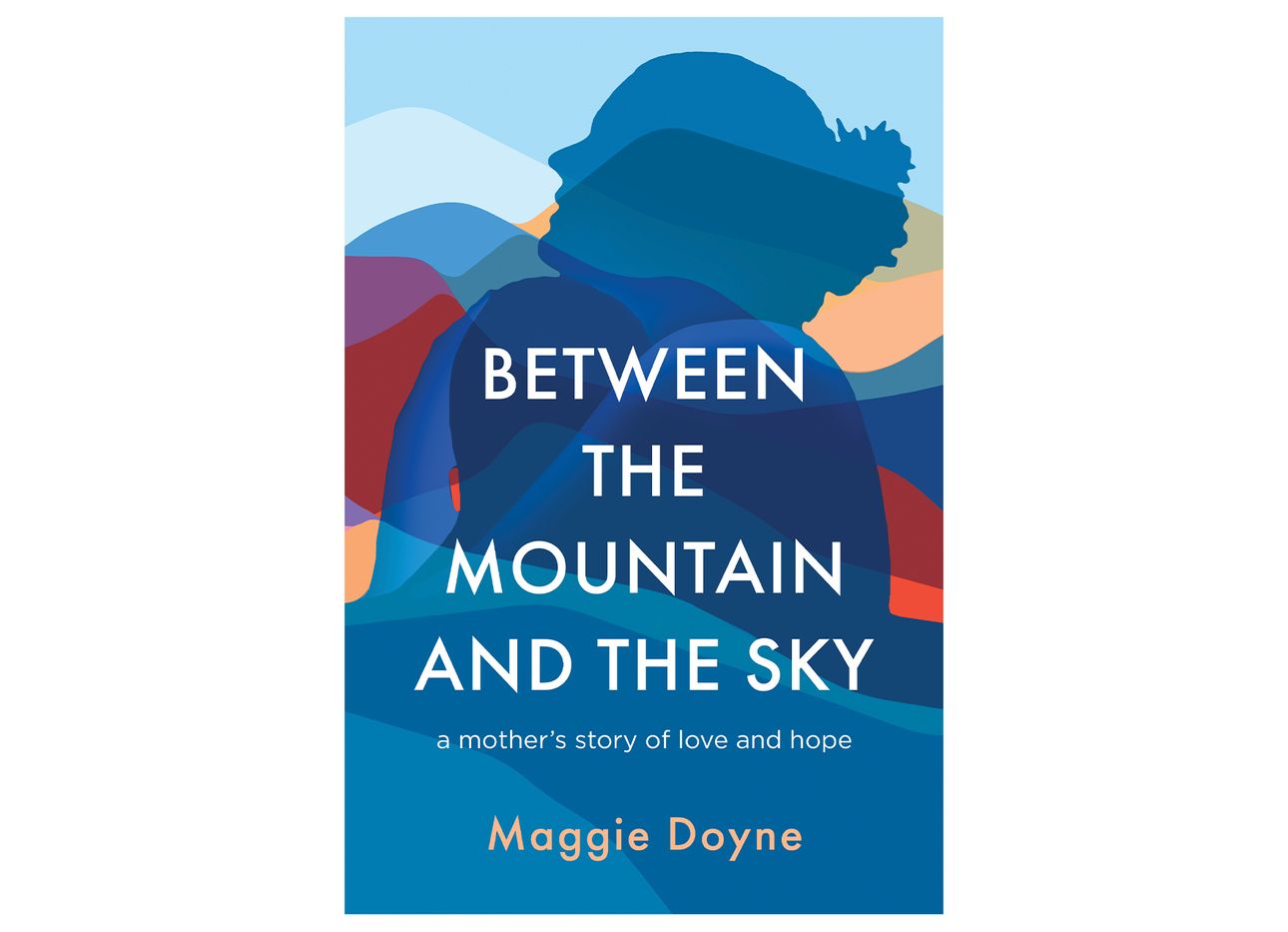
How Maggie Doyne’s Enduring Altruism Continues to Transform the Lives of Orphans in Nepal
At 35, Maggie Doyne is the mother of more than 50 children. One is her biological child, who lives with Doyne, her husband, and the other youngsters at Kopila Valley Children’s Home, a nurturing space for orphans that Doyne built on a plot of land she bought, at age 19, in Surket, Nepal, after visiting the region during a gap year before starting college. Doyne traces her journey from suburban New Jersey to her current residence, as well as her indefatigable efforts to help and inspire some of Nepal’s youngest citizens in the aftermath of a nearly 11-years-long civil war, in her debut book, Between the Mountain and the Sky: A Mother’s Story of Hope and Love (Harper Horizon), out last month. Through telling her extraordinary story, she demonstrates the life-altering power of altruism and hope, as well as the ability for a single person to make a difference in the lives of many.
The roots of the work Doyne carries out today took hold during her initial trip to Nepal, a year before making that pivotal real estate purchase, when she met a Nepali girl in a quarry, breaking rocks to sell for money. The experience led her to open the Kopila Valley home, and after that, to co-found the nonprofit BlinkNow Foundation, which supports the project as well as a women’s center, health clinic, “Big Sister’s” home (a safehouse for girls), and a school, which provides tuition-free education for more than 400 students. (Doyne discusses these initiatives at length on Ep. 12 of our Time Sensitive podcast.)
In the book, Doyne fleshes out moments that led to her achievements, including running a fledgling BlinkNow Foundation out of her parents’ kitchen, raising money for the construction of the Kopila Valley school by babysitting and holding garage sales, struggling with self-doubt, and interfacing with Nepali citizens who viewed her and the nonprofit as a threat to their culture and traditions. She also details the grief of losing one of her children, and the joy of watching the young residents of Kopila Valley go on to attend college, secure jobs, and have their lives rerouted by a force of unwavering love.
While Doyne’s resoluteness has resulted in recognition—including being named CNN’s 2015 Hero of the Year and honored with the Unsung Hero of Compassion Award, given to her by the Dalai Lama in 2014, along with the continued attention of donors and contributors alike—her book makes clear that it’s her work that matters most to her, and that she has no plans of stopping anytime soon. “The more I research,” she writes, “I realize that the future will depend as much on my ability to deconstruct as […] my ability to build.”